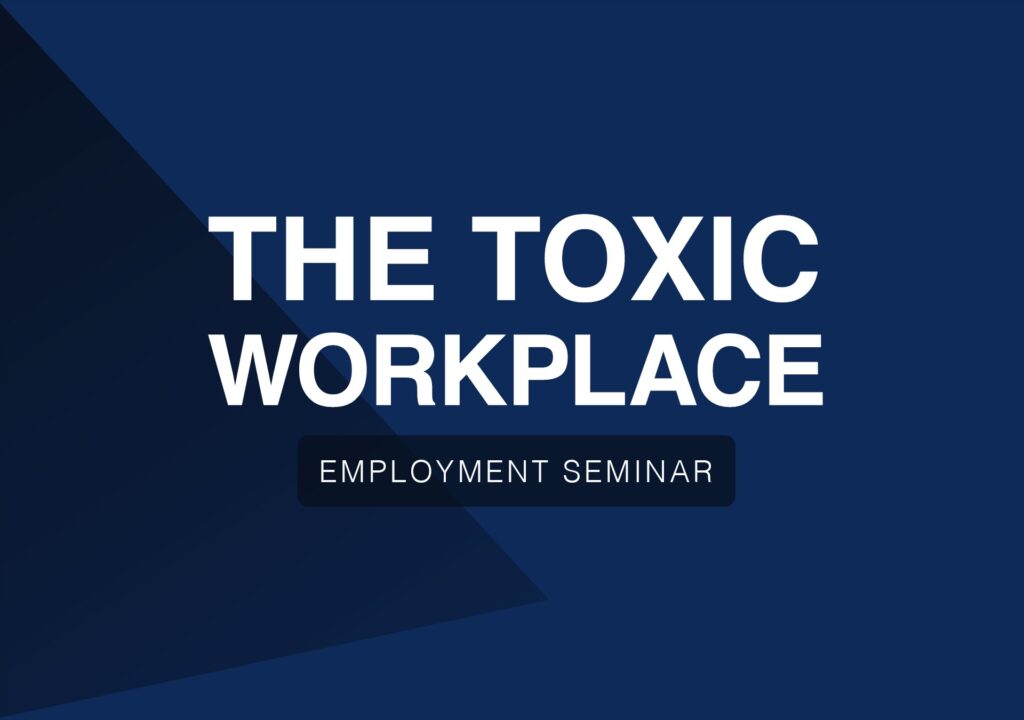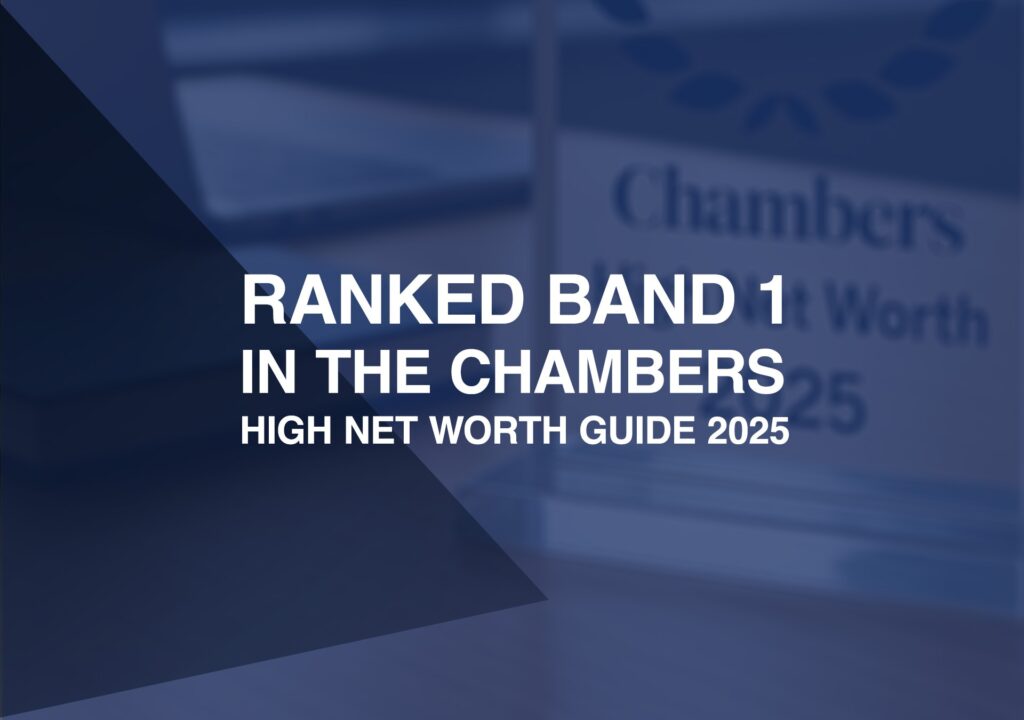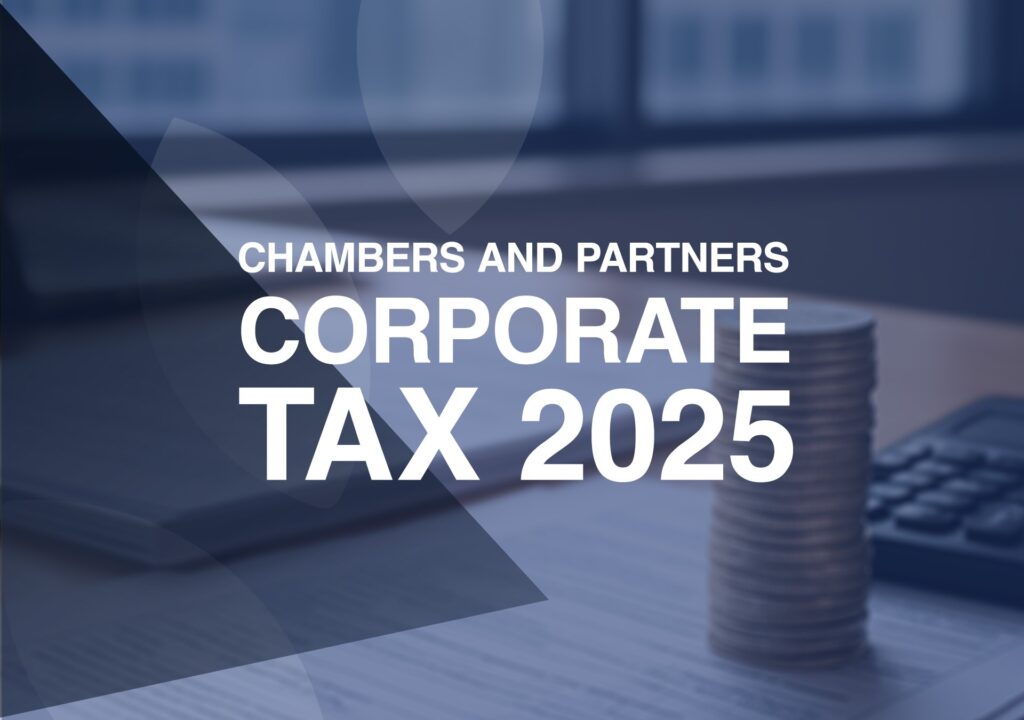The Government of Gibraltar to introduce immediate economic measures to assist Gibraltar businesses amid COVID-19 concerns
Following from Chief Minister Fabian Picardo’s address to the public yesterday amid concerns in relation to the COVID-19 outbreak, Her Majesty’s Government of Gibraltar (HMGoG) is expected to legislate imminently, giving effect to a set of immediate economic measures to allow Gibraltar’s economy to weather the storm ahead.
The economic measures were announced contemporaneously with additional measures concerning the protection of persons aged 70 and older who, on medical advice, are considered to be a class of persons particularly vulnerable to Coronavirus.
The Government’s move comes just days after POTUS Donald Trump announced a set of economic measures designed to stimulate the US economy, and also follows from the recently implemented state of emergency declared in Spain over the weekend. The Chief Minister also commented that HMGoG was considering such measures in light of banking and financial institutions, having given flexibility on interest rates to those financing the acquisition of commercial property, commenting that, just as there is no vaccine for the virus, there is no vaccine for our economy.
ISOLAS LLP Partner Samantha Grimes, who, among her wide range of practice areas, specialises in Employment Law and Immigration, Senior Associate Stuart Dalmedo, who specialises in Tax in Gibraltar, Financial Services and Private Clients, and Associate, Michael Adamberry who specialises in Banking & Regulatory Services, AML and Data Protection, comment on the proposed economic measures to be introduced.
What’s new?
Certain measures will only apply to certain businesses (“affected businesses”) in the following sectors:
– Hospitality
– Leisure
– Distributive
– Catering Sectors
Most of the measures apply just for the month of April 2020 or in the second quarter of 2020 (i.e. 1 April 2020 to 30 June 2020 or ‘Q2’).
The measures can be summarised as follows:
Affected businesses
1) If HMGoG is the direct landlord of commercial property occupied by affected businesses, there will be no rent payable for Q2.
2) If a private landlord does not waive rent for these affected businesses in Q2, HMGoG has undertaken to introduce legislation to tax the gross rent collected by such private landlords in Q2, without deductions, at the rate of 50%.
3) Where a tenant is not given the above flexibility by their private landlord, HMGoG proposes to allow the tenant a deduction against their tax liability of three times the amount of the rent paid.
4) The above measures will not apply if the private landlord agrees to defer the rent due in Q2 by waiving it and extending the existing lease by three months.
5) HMGoG has waived all rates for affected businesses for Q2.
6) HMGoG will defer (not waive) business water and electricity charges for affected businesses for the month of April 2020 only. Effectively this means a business can spread the cost of its April 2020 utilities bills over the next 12 months, which equates to HMGoG providing an interest free loan by deferring the payments in this manner. We note that many businesses pay by Direct Debit, so affected businesses would need to cancel these (at least temporarily) in order to take advantage of this new measure, and then come to an agreement with the utility providers.
7) HMGoG is asking telecoms providers to consider similar measures although at date of print, there has been no announcement over whether anything has been agreed.
8) Payment of salaries by affected businesses to employees will not attract any pay-as-you-earn (PAYE) or social insurance contributions (neither employer nor employee) for the month of April 2020. It is expected that HMGoG will soon clarify whether tax on those salaries will still be payable by the employees when they receive their tax assessment.
9) A stock purchase scheme has been announced for catering establishments, whereby HMGoG will buy perishable stock from such affected businesses if it is going to spoil.
Cross-sectoral changes, applying to all business sectors
10) During Q2, all sectors (i.e. not just affected businesses) will be allowed to defer payments of PAYE and Social Insurance by 8 weeks from due date. The extension of such measures will be considered by HMGoG in consultation with the unions and business representative organisations.
11) Import duties have been waived from midnight 15th March 2020 to midnight on 30th April 2020 on all goods except tobacco, fuel and alcohol classes. This measure may be reviewed before the end of April 2020.
12) Along with further changes to the employment service (see below) all ETB fees to register employees will be removed for Q2.
13) Above measures do not apply to supermarket and grocery providers, but do apply to the distributive sector as noted above.
eGaming and Financial Services sectors
14) To allow companies in the eGaming and Financial services sectors to relocate staff from overseas, HMGoG is introducing an efficient online ETB process together with streamlined work permit application process for these staff.
15) Fees payable to Gibraltar Financial Services Commission are now payable quarterly, rather than as lump sum payable in April 2020.
Samantha said: “We welcome HMGoG’s initiative in order to grant much needed economic relief to business sectors afflicted by the socio-economic impact of the Coronavirus. Further announcements are anticipated and, as soon as the legislation is published to give effect to the above proposed measures, we hope for further clarity.”
If you would like any more information, please contact Samantha Grimes on samantha.grimes@isolas.gi, Stuart Dalmedo on stuart.dalmedo@isolas.gi, or Michael Adamberry on michael.adamberry@isolas.gi.
To download the PDF version, please, click here.





